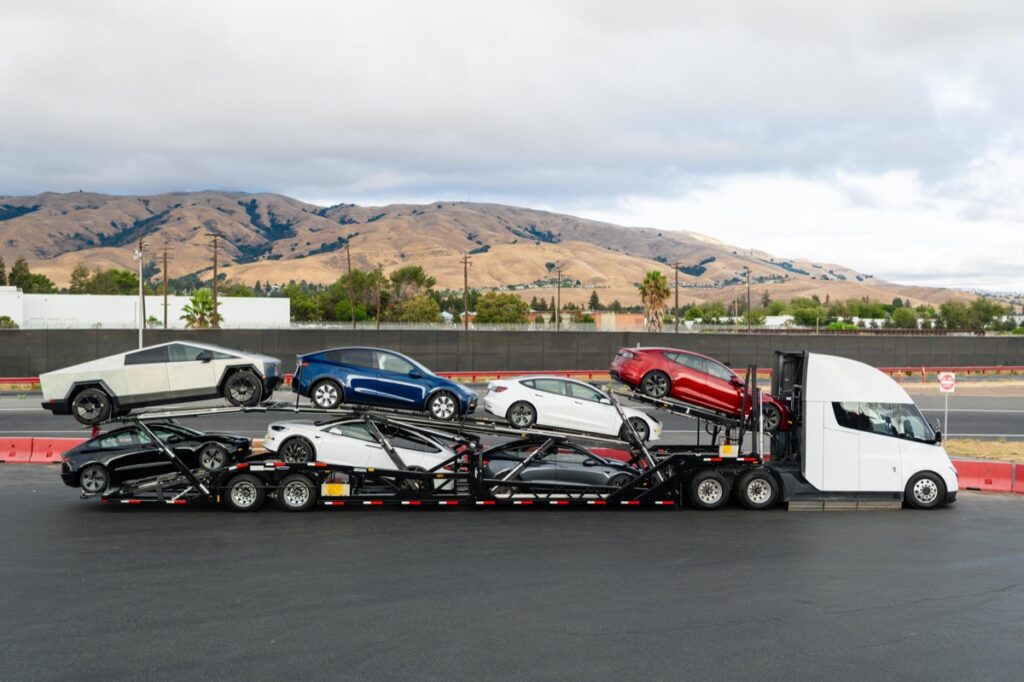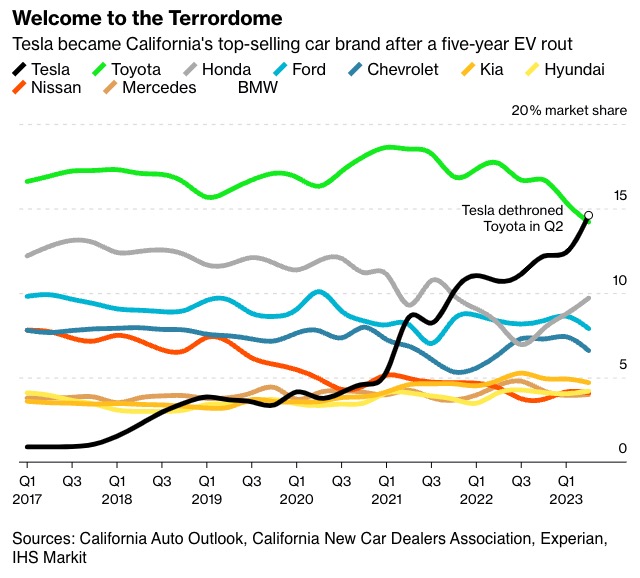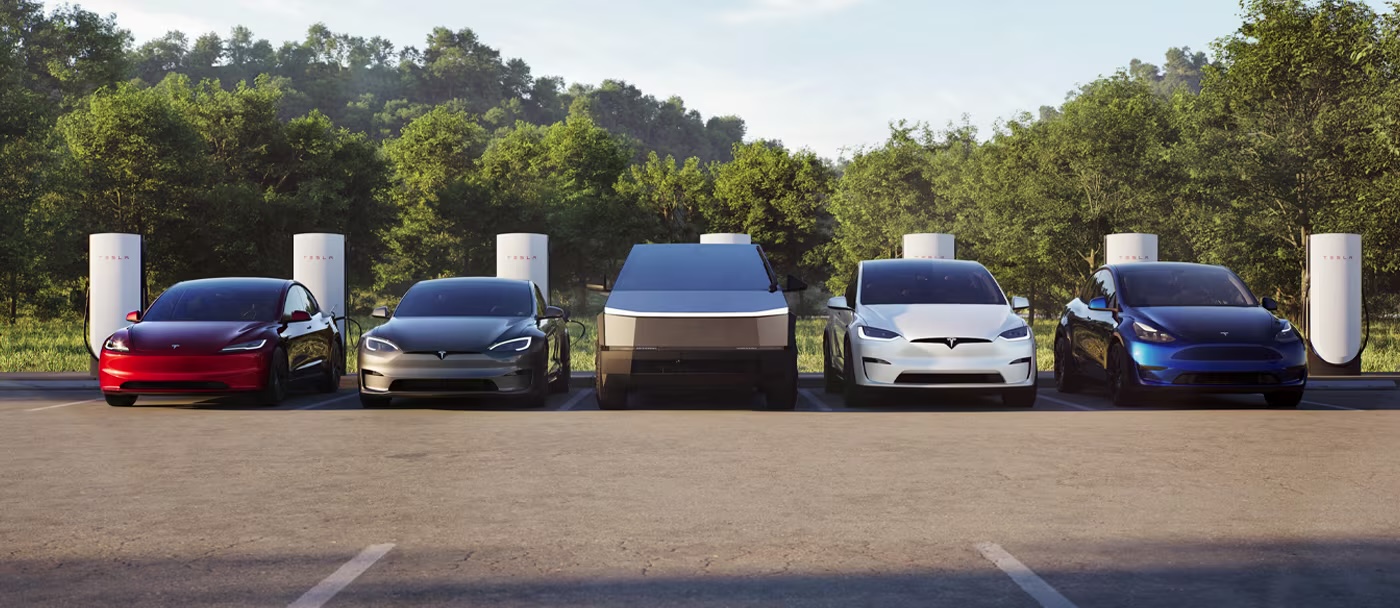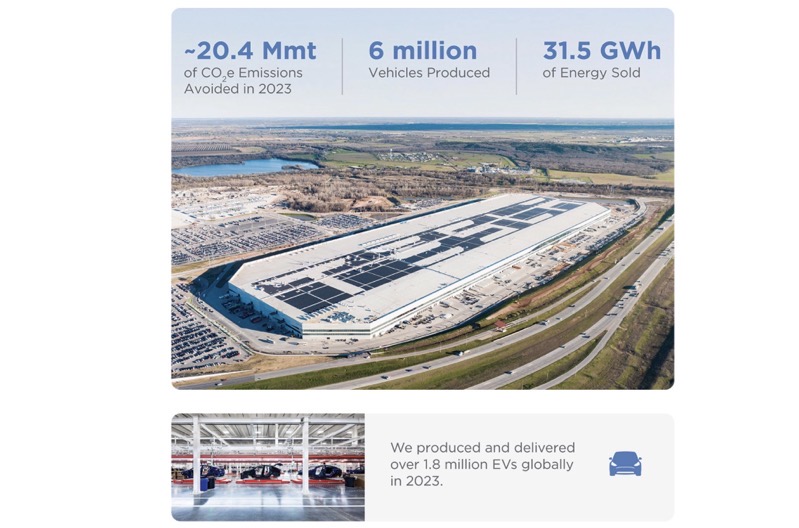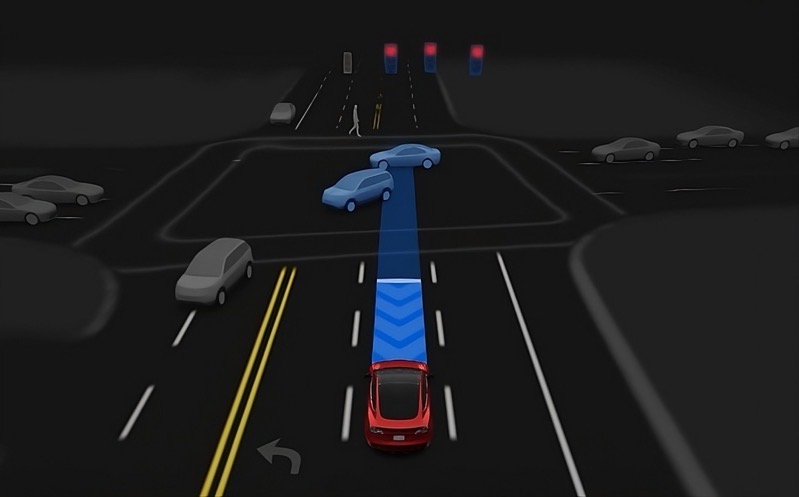
Tesla Reigns in California, Signaling a National Trend
The streets of California are buzzing, not with the roar of engines, but with the near-silent hum of electric vehicles. In a notable shift, Tesla has outpaced Toyota, establishing itself as the top-selling car brand in the Golden State. This development isn’t just about brand rivalry; it signals a broader trend that the entire US could soon witness, reports Bloomberg.
Over the past half-decade, electric vehicles (EVs) in California have surged from constituting a mere 2% of new-car sales to an impressive 22%. The acceleration became especially pronounced after EVs reached a 5% market share, a pivotal moment that transforms public perception and buying preferences.
Notably, if California stood as its own nation, it would rank fourth globally in overall EV sales, only trailing behind China, the US, and Germany. A 70% jump in EV sales in the state from the same quarter in 2022 emphasizes this growth is not just a fleeting trend.
Traditional automakers should take note, especially as Tesla’s dominance becomes more apparent. Tesla, the first global automaker to achieve significant EV scale, currently holds a commanding 60% of the US’s EV market. Their strategy? Competitive pricing, regular feature upgrades, and industry-leading profit margins. In stark contrast, outside China, no car manufacturer has even come close to the sales volume Tesla boasts with its Model 3 and Model Y.
Yet, the news isn’t all rosy for electric vehicles. Inventories of unsold EVs in US dealerships are rising. But it’s crucial to note this doesn’t indicate waning demand. According to a recent Cox Automotive survey, over half of US consumers view EVs as the future. As the market matures, expectations are also evolving. What was acceptable for an EV five years ago, like a high price tag and limited range, no longer makes the cut.
California’s EV trajectory underscores the state’s legacy as a trendsetter. Until 2020, the state’s EV sales largely hinged on the production capacity of Tesla’s Model 3. Today, the landscape is different. The US is witnessing an unprecedented $200 billion investment in 100 factories dedicated to EVs and their batteries. This investment could represent the most significant industrial expansion in US automotive history.
In essence, the auto industry stands at an inflection point. Electric vehicles are gaining traction globally, even in markets like India, known for its affordable cars. Manufacturers reluctant to innovate and invest in electric options risk lagging behind their forward-thinking counterparts.
So, for a glimpse into the US’s automotive future, one might just need to take a leisurely drive through California. The state’s highways and byways, increasingly populated with electric vehicles, are a testament to the country’s electric ambitions.
